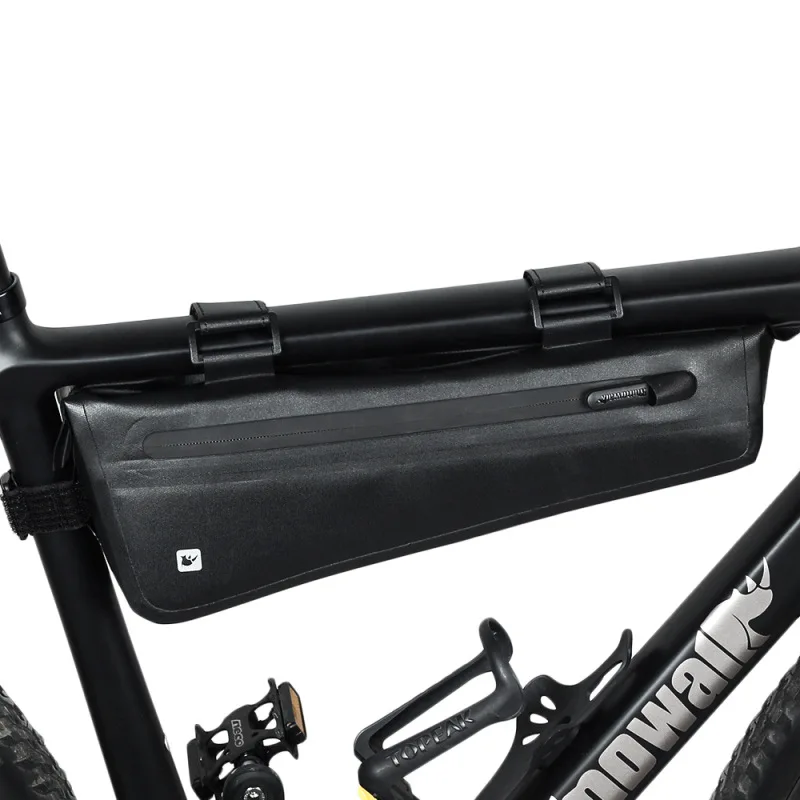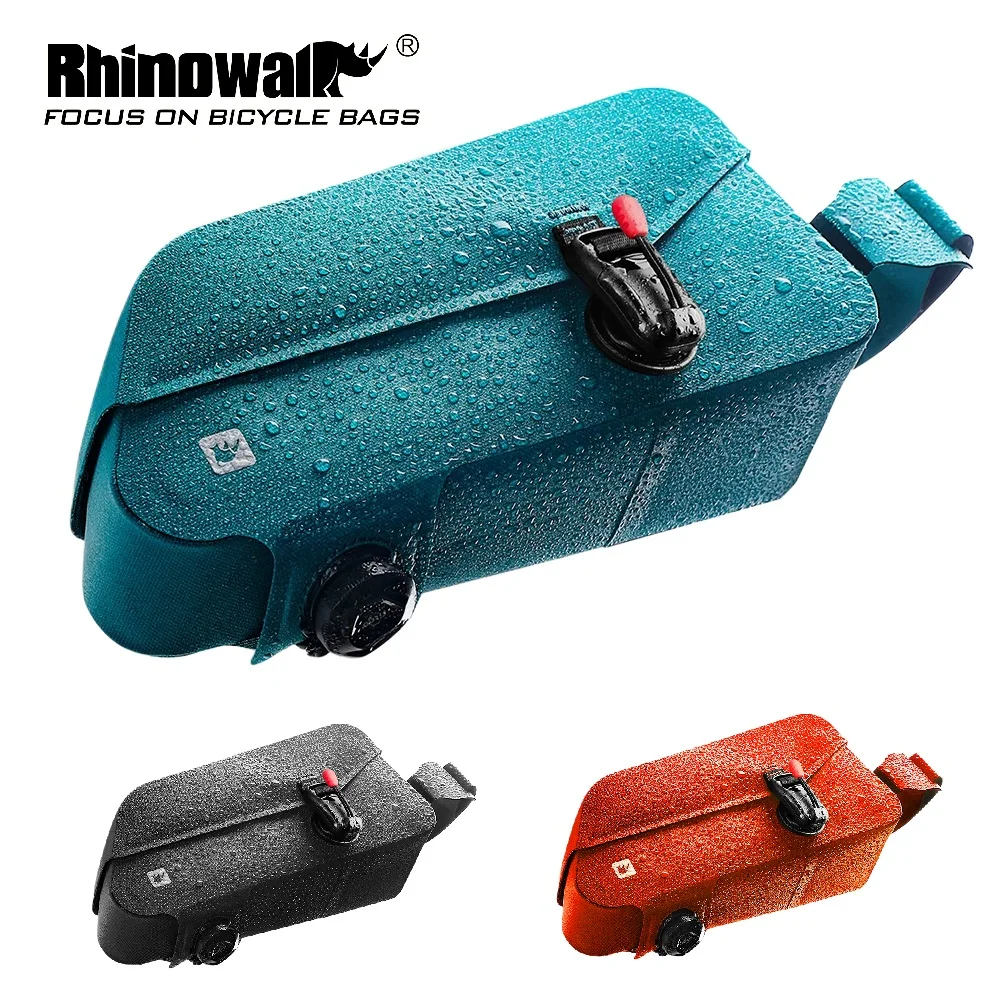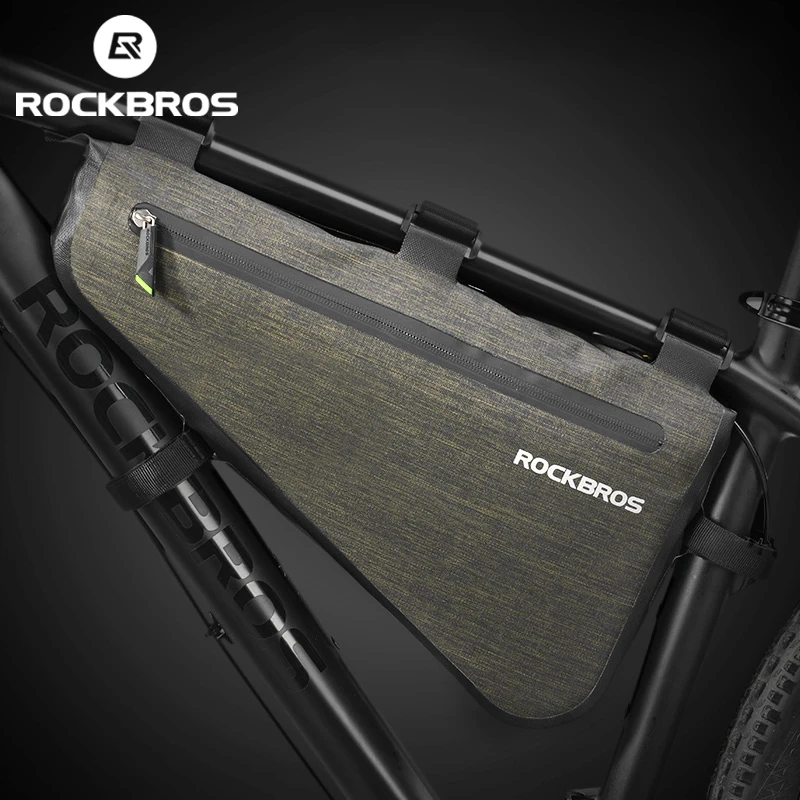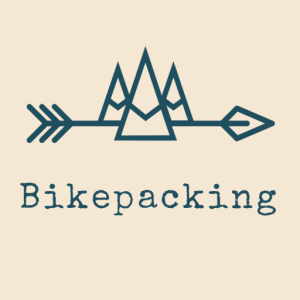The Budget for Bike Touring: How Much Does It Cost?
The Budget for Bike Touring: How Much Does It Cost?
Factors Affecting the Cost of Bike Touring
When planning a bike tour, there are several factors that will influence the overall cost. The length of the tour, the destination, and the type of accommodation you choose are just a few of the elements that can impact your budget. Additionally, the time of year and the activities you plan to do along the way will also play a role in determining how much you should budget for your bike tour.
It’s important to consider these factors and plan accordingly to ensure that you have enough money to cover all of your expenses while on the road. By doing so, you can enjoy your bike tour without any financial stress.
Accommodation Options
One of the major expenses when bike touring is accommodation. There are various options to choose from, each with its own cost implications. Camping is the most budget-friendly option, as it often involves a small fee or is even free in some places. Hostels and guesthouses are also affordable choices, especially if you’re traveling with a group and can split the cost. If you prefer more privacy and comfort, hotels and vacation rentals may be suitable for you, but they come at a higher price.
In addition, some bike tourers opt for Warmshowers or Couchsurfing, which are platforms that connect travelers with hosts willing to provide free accommodation. This can significantly reduce your accommodation expenses and provide you with a unique cultural experience.
It’s important to research and plan your accommodation in advance, especially during peak travel seasons, to ensure availability and secure the best prices.
Food and Nutrition
Another crucial aspect of bike touring is food and nutrition. You’ll need to fuel your body with enough calories to sustain yourself during long days of cycling. While it’s possible to eat at restaurants or cafes along your route, this can quickly add up and become costly.
Many bike tourers opt for cooking their own meals to save money. Carrying a lightweight camping stove and cooking utensils allows you to prepare simple and nutritious meals using local ingredients. Shopping at local markets or grocery stores is a budget-friendly way to source fresh produce and other essentials. It also provides an opportunity to try local specialties and immerse yourself in the culture of the region you’re visiting.
Alternatively, you can also budget for occasional restaurant meals or indulge in local cuisine as part of your travel experience. Finding a balance between eating out and cooking your own meals will help you manage your food expenses while still enjoying the local flavors.
Transportation Costs
Aside from the day-to-day expenses, transportation costs can also impact your overall bike touring budget. Getting to the starting point of your tour and returning home afterward may involve additional expenses.
If you’re traveling with your own bike, you’ll need to consider the cost of transportation to your starting point. This can include plane tickets, train fares, or car rental fees. Keep in mind that some airlines may charge extra fees for transporting bicycles, so be sure to factor these costs into your budget.
Bike Maintenance and Repairs
During a long bike tour, it’s likely that you’ll encounter some mechanical issues or the need for regular maintenance. It’s important to allocate a portion of your budget for bike repairs and spare parts.
Carrying essential tools and spare parts, such as inner tubes and brake pads, can alleviate some potential costs. However, it’s impossible to predict every issue you may encounter. Having a contingency fund for unexpected repairs is a wise decision to ensure that your tour isn’t derailed by a broken chain or a flat tire.
If you’re not comfortable with bike repairs, it’s advisable to learn basic maintenance skills or have your bike serviced before embarking on your tour. This can minimize the chances of encountering significant problems along the way.
Insurance and Safety Measures
While not directly related to the cost of your bike tour, insurance and safety measures are essential to consider when planning your budget. Travel insurance can provide peace of mind in case of any unforeseen circumstances or emergencies during your trip. It’s worth researching different insurance options to find a plan that suits your needs and covers activities like bike touring.
Investing in safety measures like a good quality helmet, proper cycling attire, and bike lights should also be factored into your budget. These items can contribute to a safe and enjoyable bike tour, ensuring that you have the necessary equipment to navigate the roads and stay visible to other drivers.
Unexpected Expenses and Contingency Fund
Despite careful planning, unforeseen expenses can arise during a bike tour. Creating an emergency or contingency fund is essential to handle these situations.
Examples of unexpected expenses include medical emergencies, bike theft or damage, and the need for alternative transportation due to unforeseen circumstances. By setting aside a portion of your budget for emergencies, you’ll be better equipped to handle these scenarios without compromising your overall tour.
Local Currency and Exchange Rates
If you’re traveling to a foreign country for your bike tour, it’s important to consider the local currency and exchange rates. Researching the exchange rates and knowing the accepted forms of payment in the places you’ll visit can help you budget more accurately.
Credit and debit cards are widely accepted in many countries, but it’s a good idea to carry some local currency for places that may not accept cards. Additionally, some withdrawal fees or currency conversion fees may apply, so it’s important to factor these costs into your budget.
By understanding the local currency and exchange rates, you can avoid any surprises and manage your expenses more effectively.
Conclusion: Planning Your Bike Tour Budget
When planning your bike tour, it’s important to consider the various factors that will influence your budget. Accommodation options, food expenses, transportation costs, bike maintenance, insurance, and unexpected expenses should all be taken into account.
By carefully researching and planning your budget, you can ensure that you have enough funds to cover your expenses while still enjoying your bike tour. Remember to be flexible and adaptable, as unexpected situations may arise. With a well-planned budget, you can embark on your bike tour with confidence and peace of mind.





